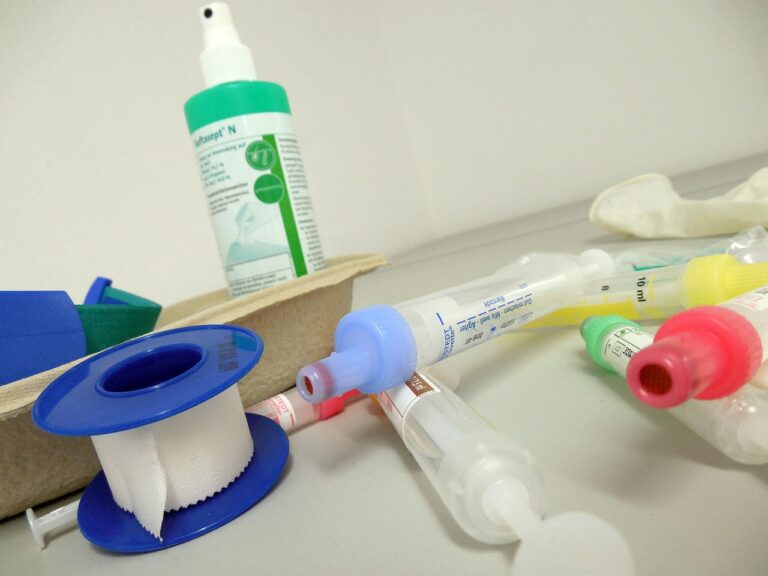The Role of Internal Medicine in Emergency Care
laser 247 book, silverexch com, 11xplay: Internal medicine plays a crucial role in emergency care by providing comprehensive and specialized medical care to patients who require immediate attention. Internal medicine physicians are trained to diagnose and treat a wide range of medical conditions, making them essential members of the emergency care team.
In an emergency situation, internal medicine physicians are often the first point of contact for patients who require urgent medical attention. They are responsible for assessing the patient’s condition, ordering diagnostic tests, and developing a treatment plan to stabilize the patient’s condition. Internal medicine physicians also work closely with other specialists, such as surgeons and cardiologists, to provide coordinated care to the patient.
Internal medicine physicians are trained to manage a wide range of medical conditions, including cardiovascular emergencies, respiratory distress, infectious diseases, and metabolic disorders. They are equipped with the knowledge and skills to quickly diagnose and treat these conditions, helping to save lives in emergency situations.
One of the key roles of internal medicine in emergency care is to provide continuity of care for patients who require ongoing medical treatment. Internal medicine physicians work closely with patients to develop long-term treatment plans, monitor their progress, and adjust their medications as needed. This continuity of care is essential for patients with chronic conditions who require regular medical supervision.
Internal medicine physicians also play a vital role in preventing medical errors and ensuring patient safety in the emergency department. They are trained to recognize potential complications, drug interactions, and other risks associated with medical treatment, helping to prevent adverse events and improve patient outcomes.
In addition to providing medical care, internal medicine physicians also play a key role in educating patients about their health conditions and treatment options. They communicate with patients and their families in a clear and compassionate manner, helping them understand their diagnosis, treatment plan, and prognosis. This open and honest communication is essential for building trust between the patient and their medical care team.
Overall, internal medicine plays a critical role in emergency care by providing comprehensive, specialized medical care to patients who require urgent medical attention. Internal medicine physicians are skilled in diagnosing and treating a wide range of medical conditions, managing continuity of care for patients with chronic conditions, preventing medical errors, and educating patients about their health. Their expertise and dedication make them invaluable members of the emergency care team.
FAQs:
Q: What is internal medicine?
A: Internal medicine is a medical specialty focused on the prevention, diagnosis, and treatment of adult diseases.
Q: What kinds of conditions do internal medicine physicians treat?
A: Internal medicine physicians treat a wide range of medical conditions, including cardiovascular diseases, respiratory disorders, infectious diseases, metabolic disorders, and more.
Q: How can internal medicine physicians help in emergency situations?
A: Internal medicine physicians are trained to quickly diagnose and treat medical emergencies, provide continuity of care for patients with chronic conditions, prevent medical errors, and educate patients about their health.
Q: Are internal medicine physicians also trained to perform surgical procedures?
A: Internal medicine physicians are not trained to perform surgical procedures. They work closely with surgeons and other specialists to provide comprehensive care to patients in emergency situations.







